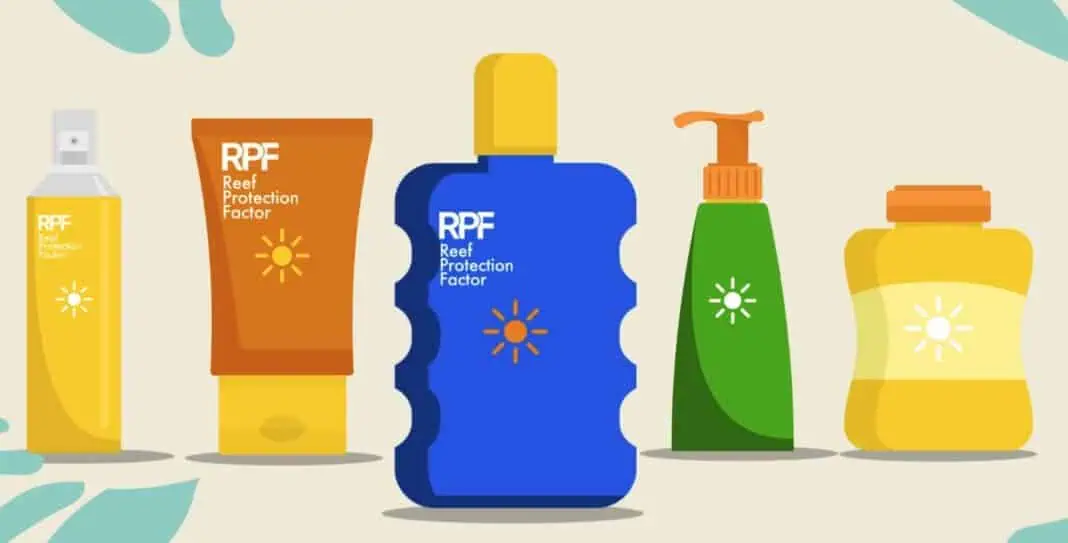A new sunscreen accreditation, the Reef Protection Factor (RPF), has been developed to help protect coral reefs.
Products certified with the RPF give consumers the peace of mind that their sunscreen is not harming any corals.
The global advertising agency McCann conceived the new certification in collaboration with scientists from the University of Derby and cosmetic technicians from sunscreen brand Stream2Sea. The accreditation scheme comes in response to the rising number of products marketed as “reef-safe.” Yet researchers have found the over 80% contain chemical harmful to corals.
To receive the RPF accreditation, products need to undergo a tough testing process that replicates real-life conditions on coral in testing tanks. The process takes some time due to its rigor, but it assesses multiple aspects of the impact on corals, including tissue loss, color change and much more.
According to Professor Michael Sweet from the Aquatic Research Facility at the University of Derby, who supervised the RPF testing, stated:
“The world’s coral reefs are under immense threat from climate change and pollution. The Reef Protection Factor empowers consumers and businesses to make informed choices that actively support reef conservation.”
While Stream2Sea Founder & Cosmetic Chemist Autumn Blum added:
“Partnering with McCann and the University of Derby has allowed us to push the boundaries of what’s possible, resulting in Coral Care – the first sunscreen proven to not only be safe for coral reefs but to actively support their growth. Receiving the RPF accreditation is a powerful validation of our commitment to protecting marine ecosystems, and we hope it inspires the rest of the industry to follow suit.”
The folks at Stream2Sea unveiled a new sunscreen at last year’s DEMA Show in Las Vegas, the first one that not only does no harm to the coral reef but actually nourishes it.
The cream itself is made of titanium dioxide along with a proprietary blend of nutrients that feed corals and helps them grow.

